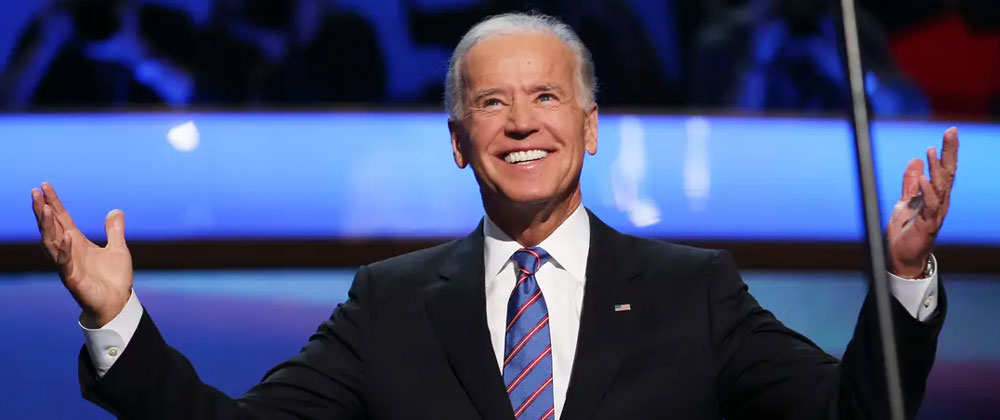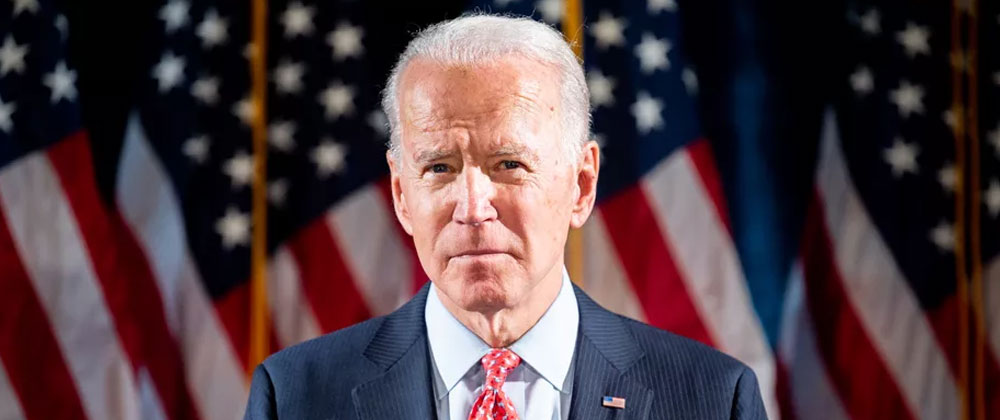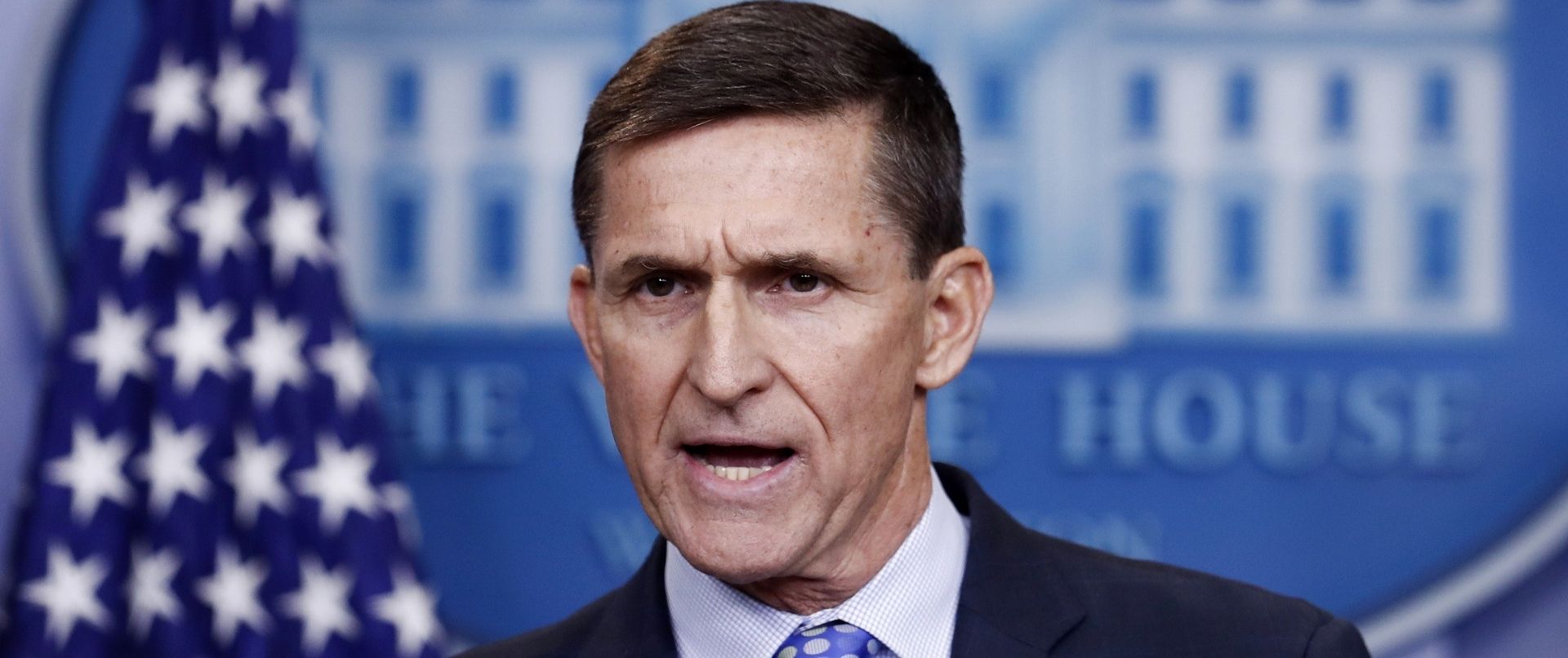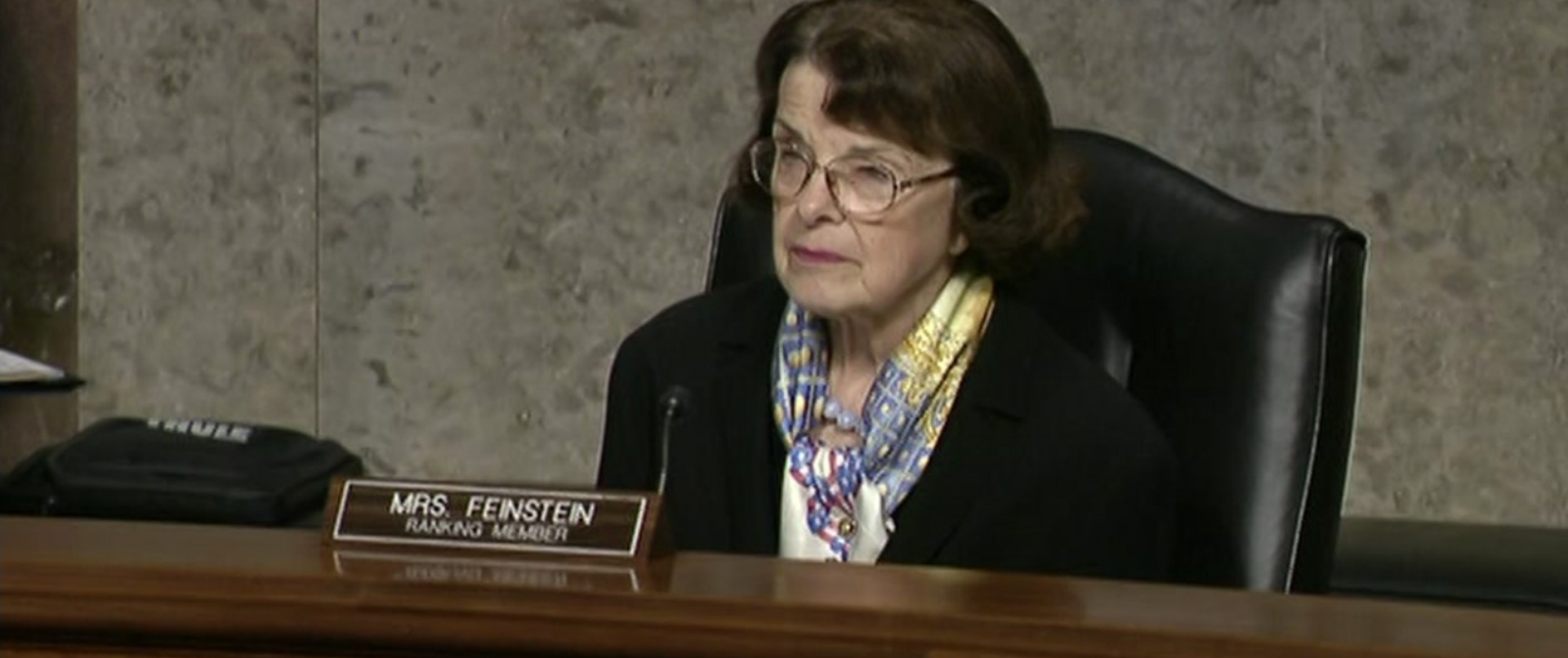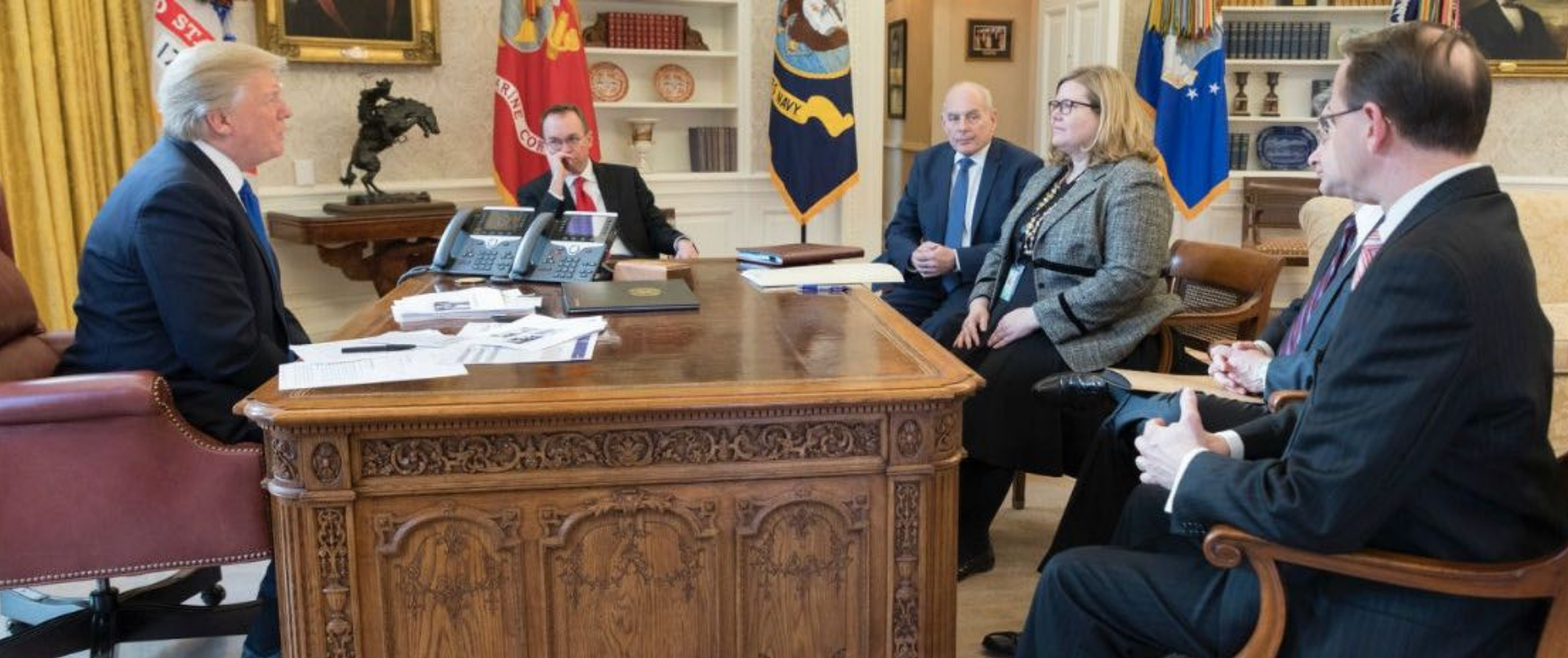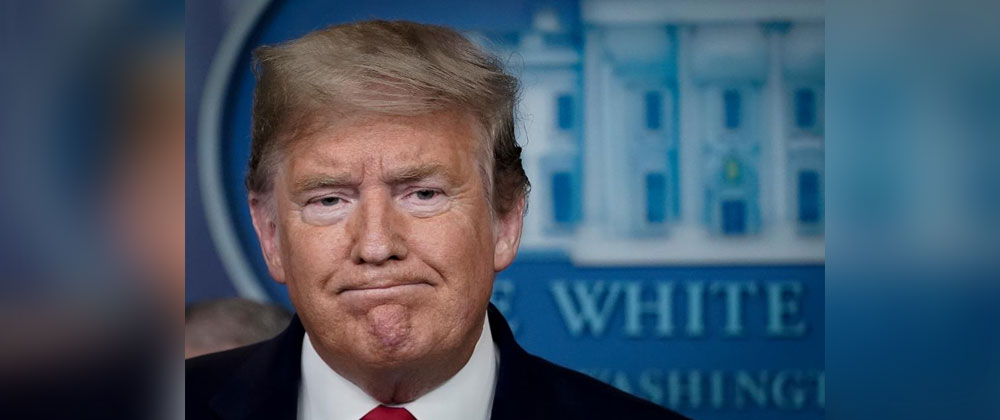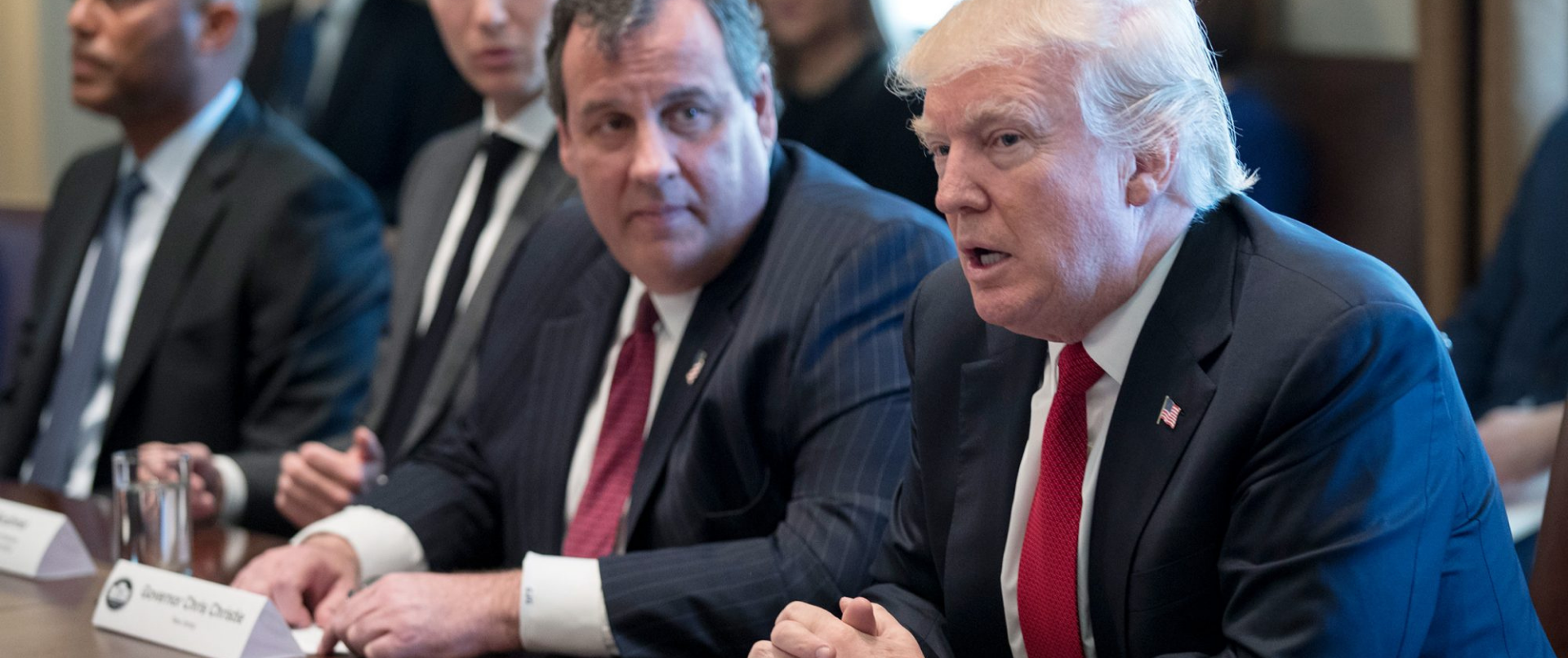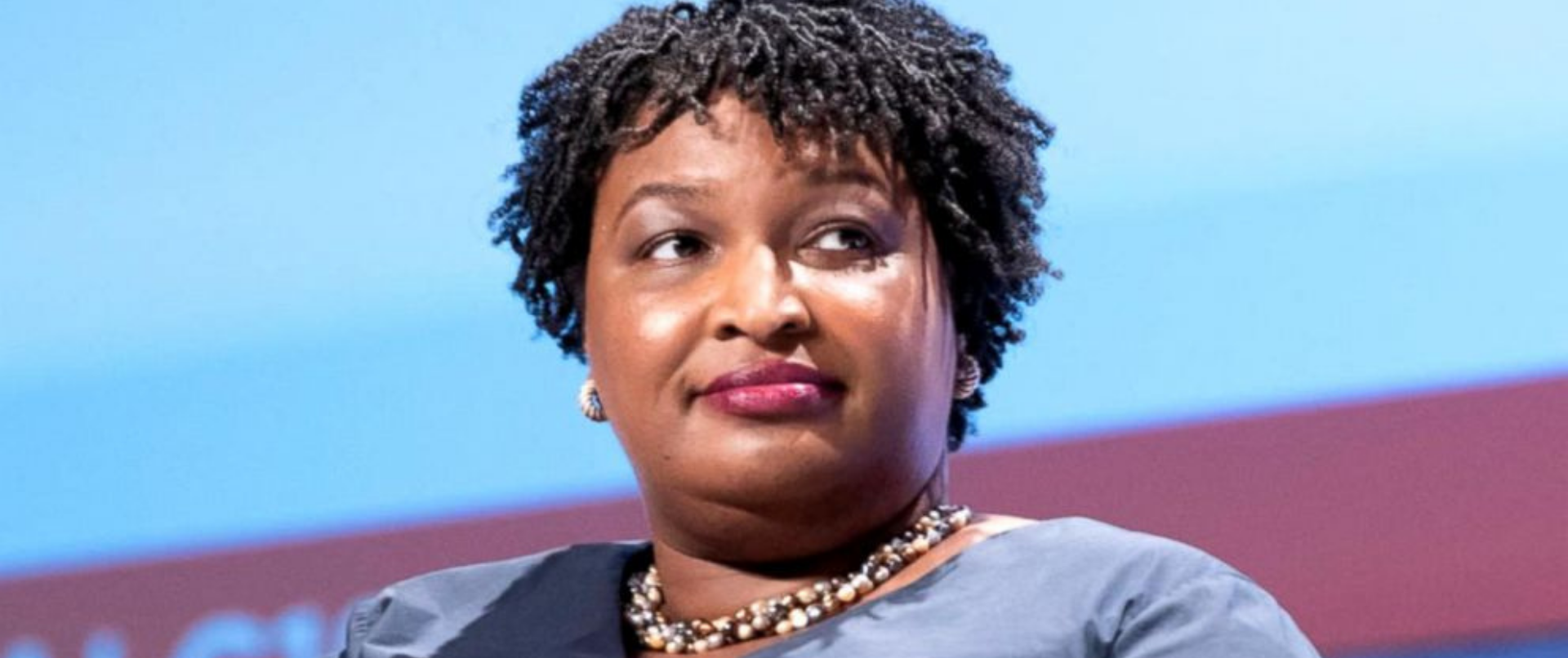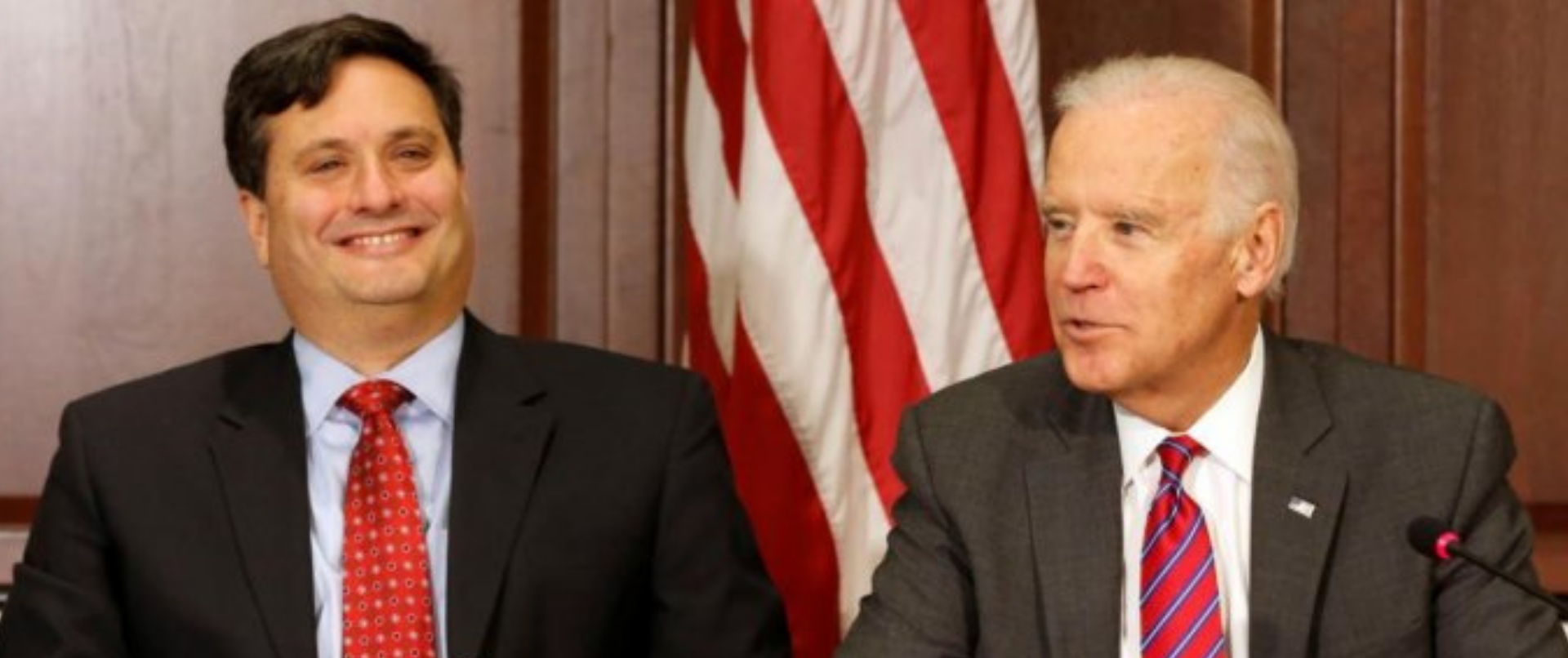Supreme Court Over President Trump’s Financial Records: Divided
On Tuesday, the Supreme Court seemed at odds over President Trump’s assertion that the broad powers he holds as the nation’s chief executive override subpoenas for his financial records and tax returns.
Trump’s contention with a three of Democratic-led House committees and Manhattan prosecutors over his financial paper trail saw the justices raise opposing concerns about presidential immunity, congressional oversight and the power of prosecutors to gather evidence regarding a sitting president.
One topic of perceived common ground, was the opinion that the cases, which asked the justices to draw lines between governmental powers, had handed them a harrowing constitutional task.
“You say there is some power in the House and you think there’s a high standard,” Chief Justice John Roberts said to Trump’s private attorney Patrick Strawbridge. “I understand the House to concede there is some limit to its authority.”
“So it sounds like at the end of the day this is just another case where the courts are balancing the competing interests on either side,” Roberts said.
Trump’s attorney countered that the pursuit was lacking a legitimate legislative purpose.
“The president’s personal papers are not related to anything having to do with the workings of government,” said Strawbridge. “And to empower the committees to simply declare him a useful case study is to open the door to all sorts of oppressive requests.”
“You could have subpoenas directed seeking all of Jimmy Carter’s financial history simply because he used to be a peanut farmer and they want a case study on agriculture,” he added.
But Justice Elena Kagan, of the court’s liberal bloc, emphasized to Trump’s lawyer that ruling in the president’s favor could hamper Congress’s ability to perform its duties.
“What it seems to me you’re asking us to do is to put a kind of 10 ton weight on the scales between the president and Congress and essentially to make it impossible for Congress to perform oversight and to carry out its functions where the president is concerned,” Kagan said.
The liberal justices noted that Trump’s refusal to disclose his tax returns had intensified the battle.
“In so many of these prior cases, there was a cooperation, for example tax returns,” said Justice Ruth Bader Ginsburg. “Every president voluntarily turned over his tax returns. So it gets to be a pitched battle here because President Trump is the first one to refuse to do that.”
Kagan insisted that Trump’s attorney explain why an absolute exemption made more sense than for the court to steer a middle course.
“You made the point, which we have made, that presidents can’t be treated just like an ordinary citizen,” Kagan said. “But it’s also true, and indeed a fundamental precept of our constitutional order, that the president isn’t above the law.”



